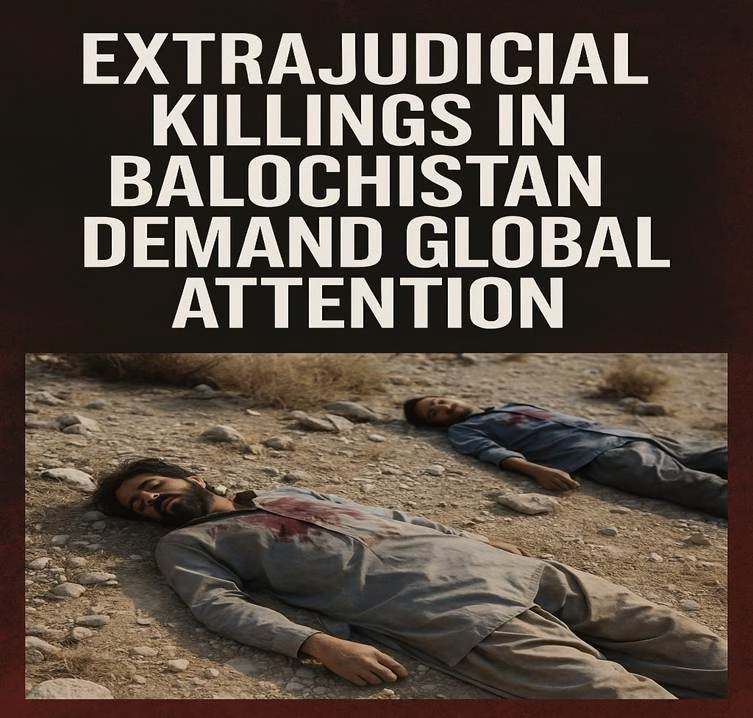
When someone dares to file a complaint—be it about harassment, corruption, violence, or abuse—they are not simply reporting an incident. They are disrupting a power structure. And in response, those with a criminal mindset often retaliate—not just to defend themselves, but to send a message to others: speak up, and you will suffer. This intimidation is not random. It is systematic, strategic, and often frighteningly effective.
But perhaps more troubling than the behavior of the accused is the behavior of the society around them.
In many parts of India—and indeed in much of the world—society does not automatically stand with the complainant. Instead, it often scrutinizes them, questions their motives, and doubts their intent. This response is not neutral. It is part of the same machinery of silencing that those with criminal mindsets exploit. The moment someone speaks out, the whisper networks begin: “Why now?” “What do they want?” “They must have an agenda.” This reflexive suspicion is not accidental—it is cultural conditioning, honed over decades of siding with power.
The powerful—be they politicians, bureaucrats, landowners, or former gangsters turned “respectable” figures—understand this instinctive bias. They count on it. And so, they don’t just deny the allegations; they go on the offensive. They portray themselves as the victim of a conspiracy, file counter-cases, mobilize social media trolls, or use caste, class, and gender narratives to flip the story. Suddenly, the complainant finds themselves in a defensive position—fighting not just for justice, but for the right to be heard at all.
And society? More often than not, it watches. Or worse, participates.
In cases involving influential individuals, people in the community often rally behind the accused—not because they know the truth, but because they fear the consequences of alienating someone in power. They may also do so because they have normalized the very behavior being complained against. Abuse of power, casual sexism, violent language, and exploitation are not seen as moral failings—they are viewed as cleverness, assertiveness, or strength. The person who dares to challenge this is seen as a troublemaker, not a whistleblower.
Even institutions—schools, universities, workplaces, political parties—prefer to “resolve” things quietly. They urge complainants to “move on,” to “not ruin someone’s future,” or to “not politicize the matter.” These coded phrases mask a deeper discomfort with accountability. They are less about conflict resolution and more about conflict suppression.
This ecosystem of intimidation and complicity must be named for what it is: a structural assault on justice.
What we are witnessing is not just an individual facing off against an accused person—it is an individual versus an entire culture of impunity. The accused may have money, connections, or muscle power. But more importantly, they have something else: the benefit of a society that does not want to believe the worst about its own pillars.
This is why victims are silenced even before they speak. This is why witnesses withdraw. This is why truth becomes negotiable.
And this is what must change.
Society must stop asking why someone complained. It must start asking why powerful individuals are so desperate to suppress that complaint. We must stop romanticizing toughness that is built on fear. We must stop calling silence “dignity” when it is actually surrender. And we must stop punishing the person who speaks truth to power, while protecting the person who has power over truth.
Until we shift the burden of doubt away from the complainant, we are not a just society. We are merely spectators in a courtroom where justice is on trial.
If we want to live in a society where truth has meaning, then we must make it easier to speak—and harder to silence. That is not just a legal responsibility. It is a moral one.
Subscribe to Our Newsletter
Get the latest CounterCurrents updates delivered straight to your inbox.
Ashish Singh has finished his Ph.D. coursework in political science from the NRU-HSE, Moscow, Russia. He has previously studied at Oslo Metropolitan University, Norway; and TISS, Mumbai.














































